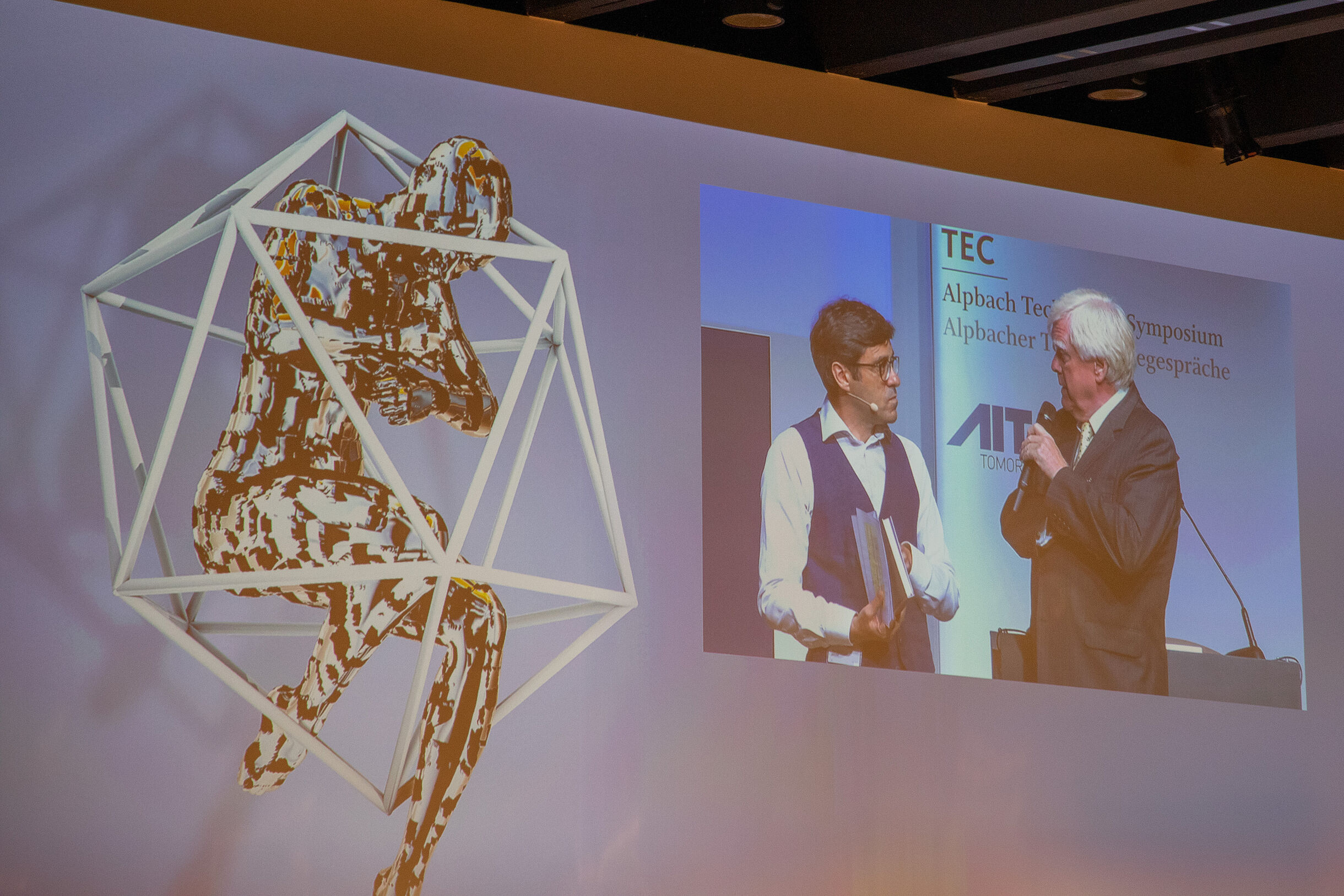Many people perceive the world as increasingly complex and confusing. And rightly so. The corona pandemic, for example, illustrates the close interconnection of a wide variety of areas. Possible solutions to the major challenges facing humanity - such as demographic development, climate change or digitization - will be discussed at this year's Alpbach Technology Talks from August 27 to 29, 2020. This traditional meeting will take place in an innovative format this year due to Corona.


![[Translate to English:] Buchcover mit der Aufschrift: "Technologie im Gespräch - Komplexität"](/fileadmin/_processed_/3/a/csm_DiscussingTechnology-Complexity_ac3a268379.png)

